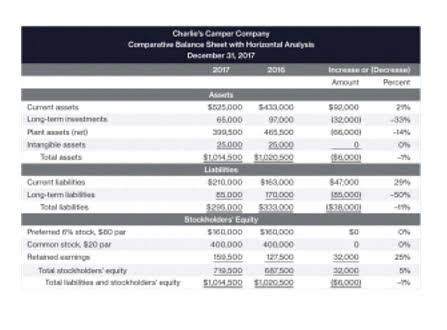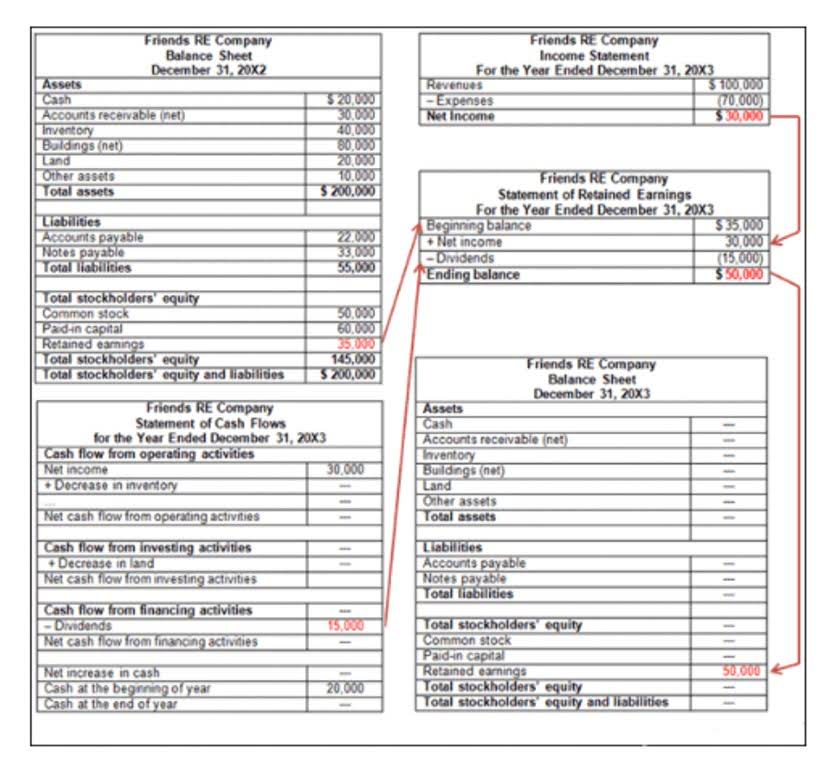
You must remember that understanding New York State taxes isn’t just about following rules; it’s a smart money move. With penalties for not getting it right, being informed and getting expert advice can help you handle taxes in New York wisely and keep your finances in good shape. Remember, while the process may seem complex, breaking it down into manageable steps can make it much more approachable. With careful planning and the right strategies, you can ensure that you’re prepared for tax filing season and make the most of your income. Calculating your New York State income tax can seem daunting, but you can simplify the process with a tax calculator. Tools like TurboTax new york income tax offer easy-to-use calculators that allow you to input your income and other relevant details to estimate your tax liability or refund.
How to File IRS Form 8949 for Capital Gains Reporting
Meanwhile, New York City also levies its own income taxes, which means residents of the Big Apple pay some of the nation’s highest local rates. It is important to note that New York offers various tax credits and deductions to help reduce the tax liability for qualifying taxpayers. These include credits for child and dependent care expenses, earned income, and college tuition, among others. Taxpayers should explore these options to minimize their overall tax burden. Taxes are an essential aspect of life in New York, impacting residents, businesses, and visitors alike. The state of New York has a complex tax system that includes a variety of taxes such as income tax, sales tax, property tax, and others.
State Capital Gains Taxes: Compare Rates and Policies Across America
Getting a personal tax extension means you will have an additional 6 months to file… Strategies to Reduce Estate Taxes for High-Net-Worth Individuals For high-net-worth individuals, estate taxes can significantly… Generally, you have three accounting years from the original filing deadline to amend your New York State tax return. However, specific circumstances may alter this timeframe, so it’s advisable to consult with a tax professional if you’re unsure. Understanding how capital gains and rental income are taxed in New York is essential for investors and property owners.

Are You a New York State Resident?
The STAR (School Tax Relief) program provides partial exemptions for owner-occupied primary residences, with enhanced benefits for senior citizens meeting income requirements. Other exemptions include those for veterans, disabled homeowners, and agricultural properties. New York City also administers tax abatement programs, such as the 421-a program, which incentivizes new residential construction through temporary property tax reductions. Understand key aspects of New York tax law, including income, property, and sales taxes, plus important rules for residents and businesses.

Optimizing financial strategies in New York State is possible by being informed of the surrounding rules in the NYS tax rate and leveraging potential deductions. A professional tax expert can present assistance with tax filing, planning or refund inquiries. A New York State car purchase is covered by the four percent sales tax rate and the additional local sales tax rate.
- These agreements allow residents of one state to request exemption from withholding in the other state, simplifying the tax process for commuters and those working across state lines.
- That number might seem high, but there are some things you can do to reduce the amount you pay, especially if you’re a senior.
- The system is progressive, meaning higher earners pay a higher percentage.
- You may have extra paperwork if you live in New York City or Yonkers, because those cities assess local income tax on top of state tax.
- Other filing statuses, like married couples, have different income thresholds.
- Navigating the evolving landscape of business taxation is crucial for maintaining compliance and optimizing financial…
Kentucky State Tax: A Comprehensive Guide

These agreements allow residents of one state to request exemption from withholding in the other state, simplifying the tax process for commuters and those working across state lines. If you moved into or out of New York State during the Online Bookkeeping tax year, you are considered a part-year resident. As a part-year resident, you are taxed on all income received while a resident and on New York-sourced income earned while a nonresident. Local assessors determine the market value of your property, which serves as the basis for your property tax bill. The assessment process considers factors such as location, property size, improvements, and comparable sales in the area.
Top Tips for Filing Your Federal Business Taxes

New York State’s top marginal income tax rate of 10.9% is one of the highest in the country, but very few taxpayers pay that amount. The state applies taxes progressively (as does the federal government), with higher earners paying higher rates. For your 2024 taxes (which you’ll file in early 2025), only individuals making more than $25,000,000 pay the top rate, and earners in the next bracket pay 0.6% less.

Let’s delve into the specific tax brackets to see how this progressive system is structured. Understanding the New York State income tax rate is important for anyone who lives or works in the state. Explore our most popular credits, below, or see Income tax credits for a more comprehensive list. New York’s property tax system is administered at the local level, with counties, cities, towns, and school districts levying taxes based on assessed property values. Unlike many states, New York does not impose a statewide property tax, meaning rates and assessment practices vary significantly. School taxes often make up the largest portion of a property owner’s tax bill, particularly in high-cost areas like Westchester County and Long Island.

